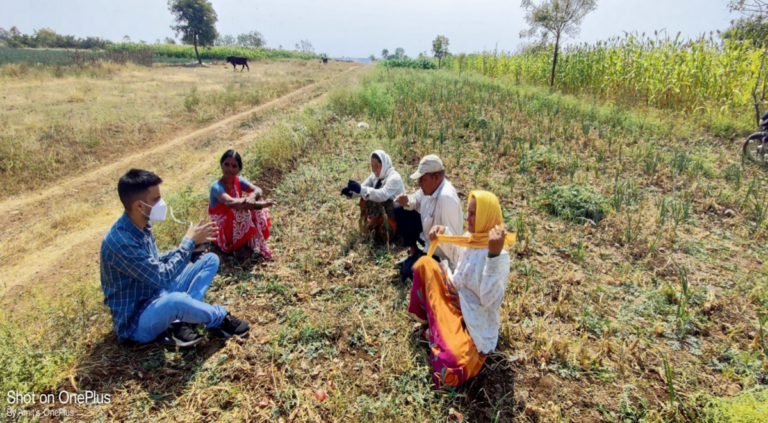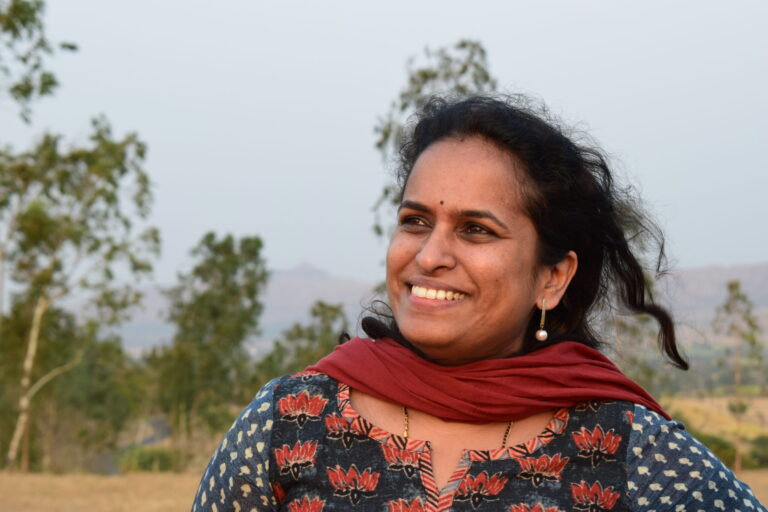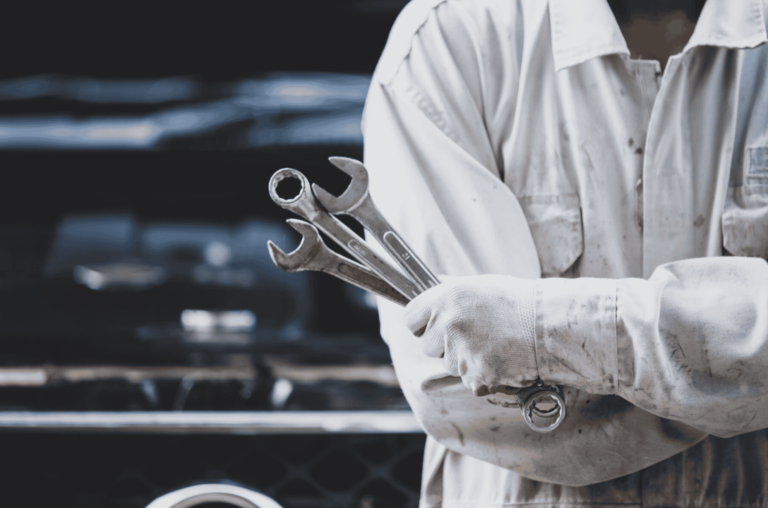Engaging in on-ground social research brings many occasions when the respondent while sharing their details, gets emotional as the questions, howsoever carefully crafted, might touch some raw nerve. As a social researcher, I am always at a loss for how I should respond when someone shares a sad personal story.
We attempt with words at times. Physical comforting techniques like hand holding and hugs have occasionally been effective when you know the person well. However, when one is doing social field research, you are a stranger, and actions can be misunderstood. It’s a dilemma whether the usual comforting methods are okay. I simply listen and give time and space to the person to recoup on their own.
Recently, as part of field research, I arrived in Chennai on June 6, 2022. The summer was at its peak. I landed with a huge backpack, a lot of enthusiasm, and only a vague idea of what my next few days would entail. This was my first field assignment with NuSocia. I had visible nervous confidence. Still unsure of my capabilities, I was comforting myself that with my limited Tamil language capability and decent people connect skills, all will be well. My colleague Anuj, who has much wider experience in field research, was joining in a few hours, coming all the way from Pune, Maharashtra. We were together meeting the locally mobilized field team the next day at Nagapattinam. All seemed perfectly set. The overnight journey to Nagapattinam, some 300km from Chennai, brought us to the buzzing coastal town. On the way, we chatted about how field research in social sector is primarily a male bastion in India. I was hoping I could perform well.
We had kept a day to assimilate the cultural nuance of the place and to meet and learn from the local field team about the place and the fisherman community. We were doing this study on behalf of a client towards planning a CSR intervention in the area. Our first shocker was when some field researchers mentioned that they wanted to back out because their family members thought it would be too challenging a task. It took some convincing, some encouragement and some patting on the back to get them around. I felt that seeing a woman researcher coming from non-native-speaking geography also helped build their confidence. Then, we went to meet the Panchayat body to seek their approval and share with them the context of the research study. While sceptical, most panchayat members treated us with respect and care. I guess being a woman researcher helped melt some ice there as well. Being a woman is, after all, is not so disadvantageous in social research. Score 2-0. I looked at Anuj, and he understood my wicked smile ☺
Here, I must share how being a woman social researcher helped me convert a possible thrashing situation into a joke. With my broken Tamil, I asked Parvatiamma, a middle-aged woman, regarding the availability of men for a focus group discussion. She stared at me for a minute. The silence was deafening, combined with a query plus anger look on her face. Then she broke into a big laugh. By that time, one of my local field researchers had joined me there, and then he explained that by mistake, I had asked Parvatiamma, “If she might have a second husband”. Oops! I was hugely embarrassed, but then it struck me that had it been Anuj or any other male making the same mistake, we would have been thrown out of the village by now. Another advantage point.So far, 3-0
The livelihood of the whole of Nagapattinam city revolves around Fishing. The staff at the hotel we were staying were quite helpful in sharing about the town and the culture. We realized that the social strata in such coastal towns are often associated more with the size of the boat one holds than anything else. Since fishermen, small and big, are buyers for all other services, the entire economy of the town depends on fishing income.
Small boat owners go to sea daily to catch their small catch and sell daily in local markets. Bigger fishermen with bigger boats can go deeper into the sea, and each trip is for weeks, and they come back with a catch worth lakh of rupees. Sometimes, the catch can actually be quite small as well. This causes a lot of uncertainty. Women contribute through the icing, packing and selling of fish. The community doesn’t have the habit of saving money. They spend whatever they earn on clothes, gadgets, vehicles and house renovations. Most families and communities encourage their children to pursue careers as fishermen. They consequently have no interest in attending school or pursuing other career options. Fishermen say that their income is totally a blessing from the mother sea.
Incidentally, Mid-April to mid-June is a fishing ban period. After those two months, when the boats again depart – it’s quite a spectacle. I was fortunate to see that for myself. The big boats started out first, and the little boats lined up behind them to wait for them to finish.
These small communities of fishermen are quite wary of engaging with outsiders. Hence, it was a little tough initially to connect with them for the research. However, the villagers were incredibly helpful when we explained that the panchayat had given permission. A few villagers spoke of the fraudster middle agents from other states, who took the fish and then fled and still owe the villagers lakhs of rupees. This explains their unwillingness at first to open up. Panchayat of the community truly functions like the local government, including making judgements on resolving disputes. The fisherman community takes a lot of pride in their work but is equally worried about the risks and dangers associated with it. However, during the conversations, it becomes clear that they desire better circumstances. During our discussions, a woman spoke about the lives of women whose husbands spend weeks at sea with no certainty of their return every time they go and how these women take care of their families and keep themselves distracted with social activities.
An old man, Kameswaram, was of extreme help during our research as he literally became our guide to the community and in-depth understanding of boats and their associated economy. During one such conversation, he started to talk about his own life, his difficulties and struggles to manage a household with the least income and no land ownership. It was a little awkward to see a grown-up man talking energetically about community and economy a few minutes ago, suddenly getting teary-eyed. I stood there for some time, too surprised to say anything.
While I finished my research successfully as per the set objective, my personal research is to find out and understand how one responds when such strangers open up and are emotional during your field research. Maybe, there is some answer with some expert, or maybe there is no right answer. Human emotions are sometimes best left ununderstood. That’s what I love about social research, except and if only, there were no intense seaside sunburns as the return gift.
Author: Hima Abdullah




